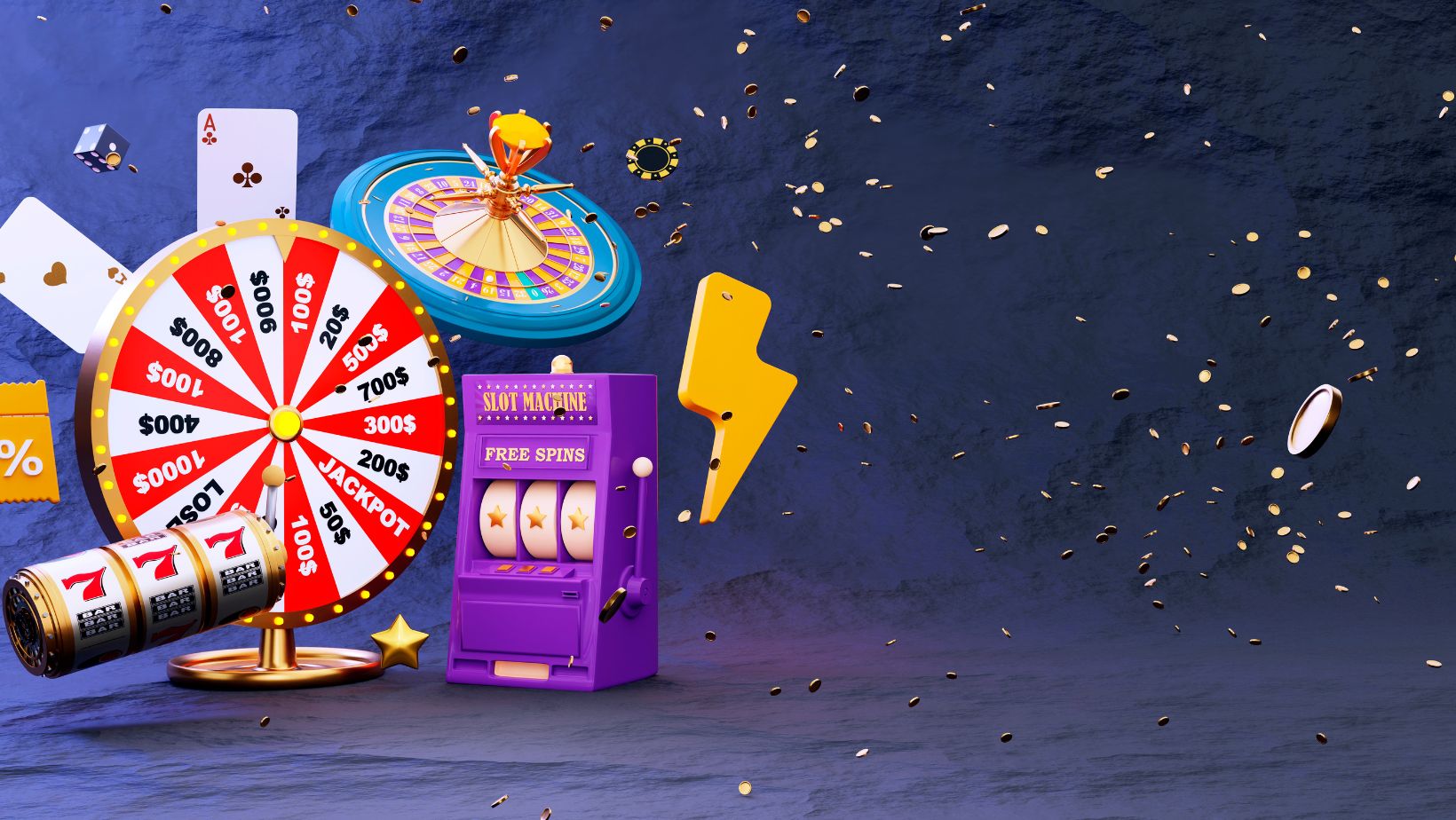Understanding RNG and Its Business Relevance
Random Number Generation (RNG) is a foundational mechanism in both gambling and gaming industries, quietly driving billions in global revenue. At its core, RNG ensures unpredictable outcomes, creating both excitement and sustained user engagement. From spinning a slot machine to opening a loot box in a video game, the same algorithmic logic applies—randomness rules the result.
This element of chance isn’t just entertainment fluff; for entrepreneurs and business strategists, RNG represents an evolving model for digital monetization, customer retention, and behavioral economics. Understanding how RNG operates in different contexts can offer critical insight into gamification trends and regulatory futures.
Casino Slots: Regulated Systems Built on RNG
In the casino industry, RNG is governed by strict regulations to ensure fairness, consistency, and compliance with gambling laws. Slot machines, whether physical or digital, are calibrated to deliver a specific return-to-player (RTP) rate over time. While outcomes are random, the payout structure is precisely calculated.
Key features of RNG-driven slot machines:
- Transparent Mechanics: Licensed casinos publish RTP percentages and follow third-party audits.
- Predictable Risk Framework: Players know the rules and payout structure in advance.
- Compliance Standards: Regulatory bodies enforce compliance, reducing fraud and manipulation.
Casino operators use RNG not just as a feature but as a trust-building tool. Transparency is a business advantage, creating confidence in platforms like Lucky Wins casino, where regulatory oversight and gameplay transparency are integral to the user experience. This model serves as a reference point for ethical implementation of chance-based systems in digital entertainment.
Loot Boxes in Gaming: RNG with Fewer Guardrails
Loot boxes in video games function similarly to slot machines in terms of randomness, but their regulatory landscape is still evolving. Unlike casino slots, loot boxes are embedded in games that are often not classified as gambling, which allows them to sidestep oversight in many jurisdictions.
Here’s where they differ:
- Lack of Standardized Disclosure: Many games do not clearly indicate drop rates or payout probabilities.
- Perceived Value vs. Actual Value: Rewards often offer cosmetic or low-impact benefits, yet monetization still drives sales.
- User Demographics: Loot boxes are often marketed to younger audiences, raising ethical questions around exposure and spending behavior.
For businesses and professionals in game development or digital product strategy, the loot box model reveals the pitfalls of opaque systems. Lack of transparency can erode brand trust, invite regulatory scrutiny, and lead to reputational damage.
Gamification and User Behavior: Lessons from Both Worlds
Despite their differences, both loot boxes and slot machines tap into psychological principles like intermittent reinforcement, anticipation, and visual stimuli. These elements are powerful tools in shaping user behavior and driving repeat engagement.
Businesses aiming to apply gamified systems can extract valuable insights:
- Reward Schedules Matter: Randomized rewards can heighten engagement but must be designed ethically.
- Transparency Builds Trust: Disclosing odds or probabilities empowers users and reduces backlash.
- Monetization Needs Balance: Overreliance on chance-based revenue can backfire if perceived as exploitative.

Table: Slot Machines vs. Loot Boxes – A Strategic Comparison
| Feature | Casino Slots | Loot Boxes |
| RNG Regulation | Strict (government oversight) | Minimal or inconsistent |
| Target Audience | Adults (18+/21+) | Broad, often includes minors |
| Disclosure of Odds | Required | Optional in many regions |
| Monetization Model | Pay-to-play | Pay-to-unlock/add-on content |
| Transparency | High | Variable |
| Ethical Concerns | Lower due to regulation | Higher due to youth targeting |
| Business Impact | Trust-based, long-term revenue | Short-term gains, potential risks |
Strategic Implications for Business Leaders
For entrepreneurs and product managers, understanding the subtle but powerful distinctions between these RNG models is essential. RNG is not just a backend tool—it’s a user-facing feature with real consequences. How it’s implemented can shape your customer’s perception, retention, and loyalty.
Smart business leaders recognize the importance of aligning chance-based mechanics with broader brand values:
- Integrate user protection policies such as spending limits or reward transparency.
- Educate users about how the mechanics work and what they can expect.
- Audit your systems for fairness and make findings public to demonstrate commitment.
Final Thoughts
Randomized systems like slots and loot boxes have captured global audiences—but they diverge sharply in ethical practice and business sustainability. As gamification becomes a more prominent feature in digital platforms, leaders must choose which model to emulate. Regulation, transparency, and user-centered design aren’t just legal checkboxes—they’re smart, long-term business strategies.
